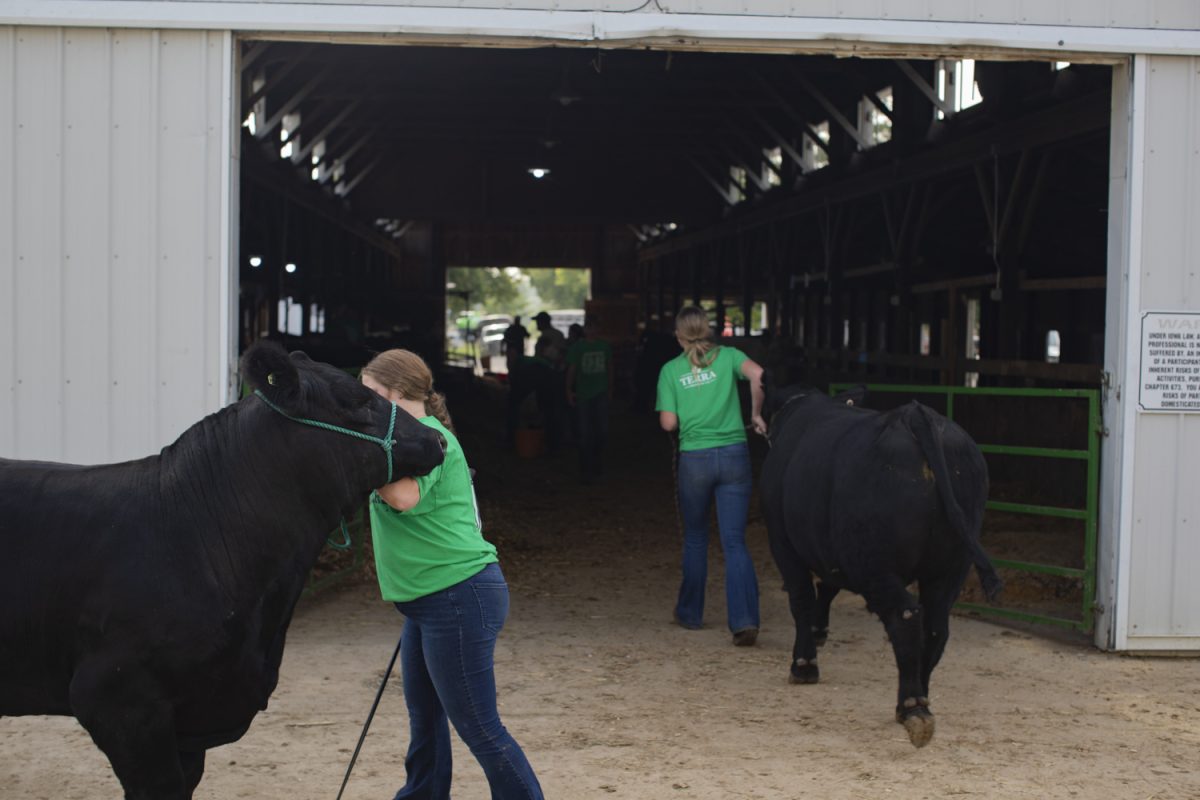Area officials are reviewing what caused voter aversion to the local-option sales tax, which failed to garner approval in the November 2014 election.
“If there had been better collaboration among the cities from the beginning, there would have been a better plan for the election,” North Liberty Mayor Pro Tem Terry Donahue said.
Despite the need for greater collaboration, officials with the cities haven’t yet started planning the return to the ballot for the tax, Coralville Mayor Pro tem Mitch Gross, said.
Last year’s proposed local options sales tax would have added 1 penny sales tax for every dollar of goods sold in an individual municipality.
Officials say part of the reason the option failed to pass is an aversion to taxation.
“There’s definitely a natural, negative feeling about any new taxes,” Iowa City Mayor Pro Tem Susan Mims said. “It takes a lot to overcome that negative feeling.”
Donahue said telling people upfront where money would be used under the tax is the responsibility of those who want it to be implemented.
Around 46 percent of voters in the cities of Coralville, Iowa City, Tiffin, North Liberty, and University heights voted for the 10-year tax, but it needed 50 percent to pass in each town according, to the Johnson County auditor’s website.
Solon, which did pass the tax, is now receiving extra revenue.
“It’s extra dollars we otherwise wouldn’t have,” Solon City Administrator Cami Rasmussen said. “It can be a challenge for people to understand the personal impact something like this could have with other important things on the ballot.”
She said it’s important to inform people about how the tax will affect them because they may not know as much about it as their city officials who want it passed.
Solon will see an estimated $160,000 in the local-option revenue, according to the Iowa Department of Revenue.
Coralville, whose voters chose not to pass the tax, had no specific plan for the money. Instead, it chose to set it aside to be used for “any lawful purpose,” Gross said.
“After the 2008 flood, we attempted to get a [local-option tax] passed with very specific ways that we were going to spend the money,” Gross said. “People complained and said they didn’t like the way it was set up, so this time around, we tried to go the other way and set the money aside for anything.”
Mims also said the public needs to be better informed about how tax would benefit the community, if it comes before voters again.
“[Officials] need to convince and inform the voters that this tax would really benefit Iowa City and the surrounding areas,” she said. “That means getting more information to the voters earlier and having upfront conversations with the municipalities to make sure voters are well-informed on the issue.”






